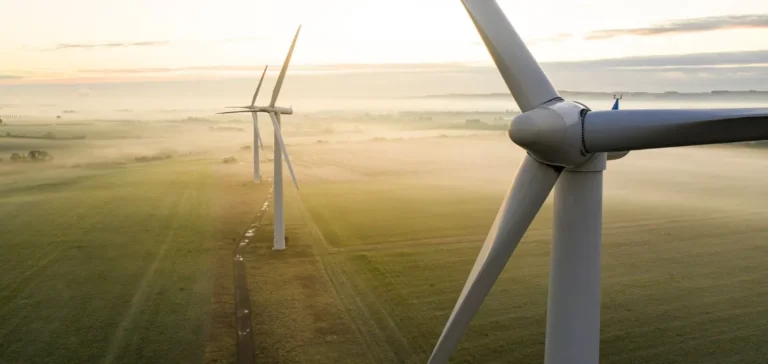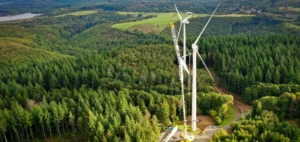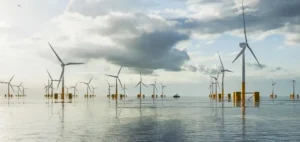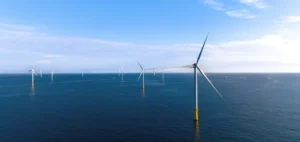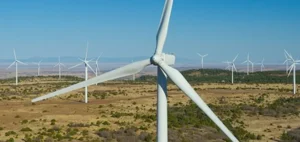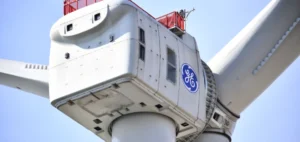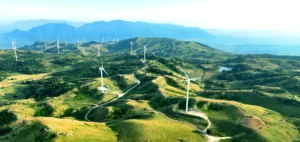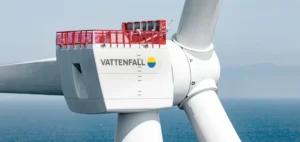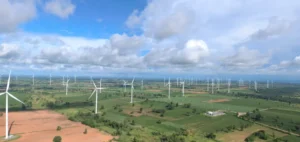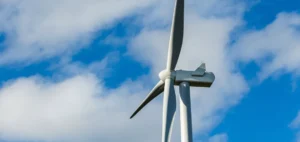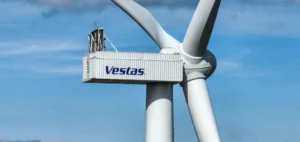The British group OVO, active in energy supply, has announced the creation of its subsidiary OVO Renewables, which will oversee energy production through the repowering of existing onshore wind farms in the United Kingdom. The company is planning an initial investment of several hundred million pounds sterling to modernise infrastructure and increase local production. According to statements from OVO, this operation could rapidly reinforce the country’s supply security while improving competitiveness of tariffs for consumers.
A large-scale project for the UK grid
The programme, based on next-generation technologies, aims to extend the lifespan of wind farms and increase their production capacity. OVO Renewables is targeting a first phase that would bring up to 500 MW of additional capacity to the grid, equivalent to the annual consumption of 400,000 households. This initiative is part of the government’s 30 GW clean energy target by 2030, as outlined in the Clean Power Action Plan.
The company will be supported in this project by its subsidiary Kaluza, specialising in energy technology platforms, and by NextLife Energy, a renewable energy investor and developer. The two partners are tasked with selecting, acquiring and upgrading targeted assets throughout the United Kingdom. The strategy is based on acquiring and modernising mid-life projects, thus avoiding the loss of installed capacity from the grid.
Public acceptance and market outlook
According to a survey commissioned by OVO, 84% of British consumers support the repowering of existing sites, compared to just 60% for new installations on undeveloped land. The study also indicates that modernisation with quieter, more efficient turbines leads to greater support, with acceptance rising to 81% for already established sites.
The chairman of NextLife Energy, Lord Smith of Kelvin, stated that acquiring and modernising existing assets offered a new perspective on the management of the UK energy fleet. Meanwhile, OVO’s Chief Executive Officer David Buttress confirmed that repowering would revitalise energy infrastructure without the delays associated with building new sites, while bringing direct benefits to customers and local communities, according to Bloomberg on July 17.
The British government, through Energy Minister Michael Shanks, highlighted the importance of this collaboration between the public and private sectors to reduce reliance on international gas markets. The modernisation of existing wind farms was presented as a key approach to strengthen energy security and create new jobs across the country.


